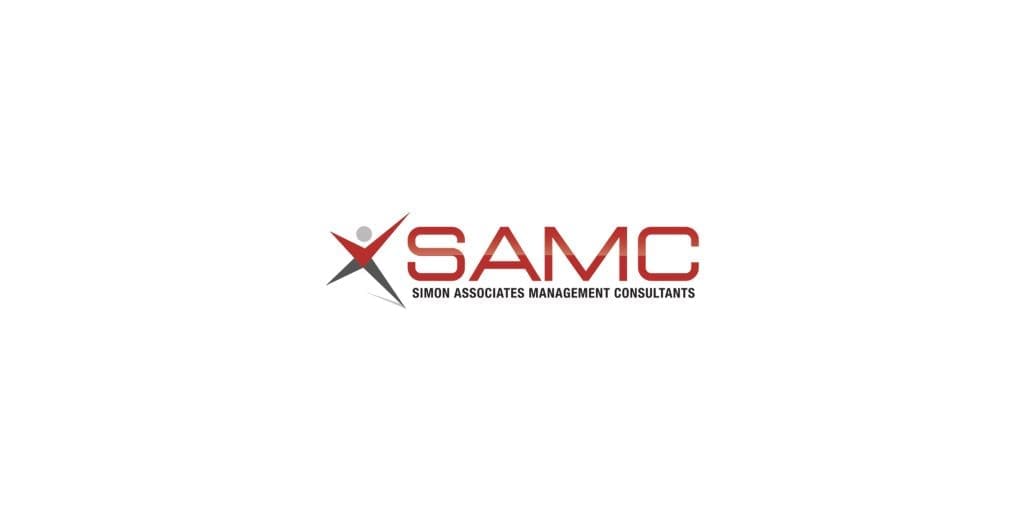 Any type of improvement or innovation requires a change in our perception. How does that shift occur? Here is the recipe: Stop + Ask = New Perception.
Any type of improvement or innovation requires a change in our perception. How does that shift occur? Here is the recipe: Stop + Ask = New Perception.
First, Stop!
Insight happens when we relax, not when we fill every minute, intensely focused on getting things done or, worse, multitasking. Kevin Cashman, the author of The Pause Principle: Step Back to Lead Forward, states that:
Pause is a pragmatic practice of deep, reflective inquiry leading to purposeful change…Pause, the natural capability to step back in order to move forward with greater clarity, momentum, and impact, holds the creative power to reframe and refresh how we see ourselves and our relationships, our challenges, our capacities, our organizations and missions within a larger context.
As we age, our habitual patterns of thinking (mental models), feeling and behaving become more ingrained unless we intentionally engage in (pausing) practices that break down “the box” in which we have become trapped. These patterns can become so fixed that we no longer know why we react the way we do. Consequently, we can become blind to reality and possibilities that don’t fit within our box.
There is an ancient law of behavior that says, “energy follows attention.”
Wherever you place your attention is where your internal energy goes. Try it now.
Focus on your head and all of your thoughts within it. What happens to them? Do they become more frequent? Maybe even stronger? When you focus on your thoughts, what sensations do you feel in your body? Do you even notice any?
Now try the reverse. Focus your attention on a specific part of your body or on your breath, and notice what happens to your thoughts. Quickly switch your attention from your head to your breathing. Can you feel your energy follow your attention? Keeping your attention on your breathing, follow it to the place in your abdomen where it disappears. Remain fixed there for several minutes as you continue to breathe. This shift of attention diverts the energy that is supporting your established patterns and frees it. Besides being physically calming, it creates a gap in your thoughts. “So what?” you may ask.
In The Lost Interview, Steve Jobs explains why this gap is important:
…There’s another side of the coin that we don’t talk about much. And we experience it when there’s gaps [sic], when everything’s not ordered and perfect, when there’s kind of a gap. You experience this in-rush of something.
Jobs insinuates that from that gap, creativity and new perspectives (aka insight) spontaneously arise. Einstein attributed his scientific insight and intuition mainly to music and the break from logical thinking that it provided.
I use a similar method when I write. I capture bits and pieces and then forget about them for a period of time. With fresh eyes, I can look at these dissimilar ideas, and the structure and flow of a blog reveals itself.
Pausing can be planned, spontaneous or triggered. Incorporate pauses into your schedule while taking advantage of those than naturally occur. Consider using a triggered state, such as anger or anxiety, as a signal to yourself to pause and relax.
Then, Ask
From this relaxed inner state, the next step is to ask questions. Creativity requires asking questions for which an answer is not already known. Good questions challenge your assumptions and force you out of black-and-white thinking. Make sure that you avoid the “expert” trap. Experts don’t need to ask questions because they think they know everything about a subject.
In his classic book, The Structure of Scientific Revolutions, Thomas Kuhn argued that the people who achieve “fundamental inventions of a new paradigm have either been very young or very new to the field whose paradigm they change.” In other words, they approach questioning with the naïveté of a child and question the current reality. These questions are born from a sense of curiosity and wonder. Peter Drucker’s insatiable curiosity about the world around him drove him to ask deceptively simple yet deep questions that changed countless numbers of businesses.
Can you embrace the beginner’s mind and feed your curiosity?
If so, stop and create a space. Then ask a question to open up your mind to see and create something new!



